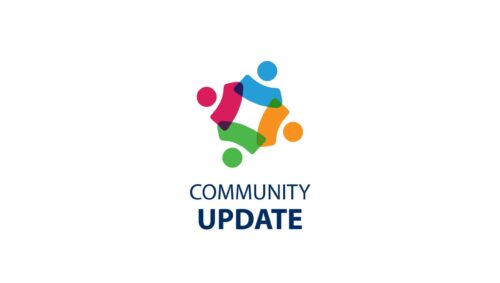New Jersey Minimum Wage To Reach $15.13 an Hour in January

This story is being republished under a special NJ News Commons content-sharing agreement related to COVID-19 coverage. Link to story: newjerseymonitor.com/2023/09/27/new-jersey-minimum-wage-to-reach-15-13-an-hour-in-january
New Jersey will join a handful of states paying minimum wage employees more than $15 an hour starting on January 1.
The $1 increase will bring the statewide minimum to $15.13 for most hourly employees, a win for labor activists who for years have fought to push the minimum hourly wage to $15.
“As we approach this long-awaited benchmark, I am hopeful that New Jersey workers will be able to improve their quality of life and secure a better future for their families in the middle class,” Gov. Phil Murphy said in a statement.
When Murphy first took office in 2018, he pledged to back an effort to gradually raise the state’s minimum wage—then $8.60 an hour—to $15. Democrats in the Legislature who pushed for the increase had previously been hampered by former Gov. Chris Christie, who called such an increase “radical.”
Murphy signed a law the following year requiring an increase of $1 annually, or more based on inflation. As costs soared last year, the increase was $1.13.
After next year’s bump, annual increases to the state minimum wage will be based on the consumer price index.
New Jersey will join California, Connecticut, Massachusetts, and Washington as states with minimum hourly wages of $15 or above.
The federal minimum wage remains at $7.25 and has not increased since 2009. Some economic experts favor a $15 minimum wage nationwide, saying it would lift millions of workers out of poverty and reverse growing pay inequality. Opponents argue it would lead to inflation and job losses when businesses cannot afford it.
Some industries’ wage floors will change at different rates. Farmers and other agricultural employees will see their minimum hourly wage increase to $12.81, an increase of 80 cents. Long-term care facility staff will see a $1 bump to $18.13 an hour.
Tipped workers will remain at a minimum of $5.26 per hour. If their wages plus tips do not equal the state minimum wage, then their employers must pay the difference.
Businesses with fewer than six workers and seasonal employers will be given until 2026 to reach $15 per hour. The minimum wage for these workers will rise to $13.73 an hour on January 1, up from $12.93.










